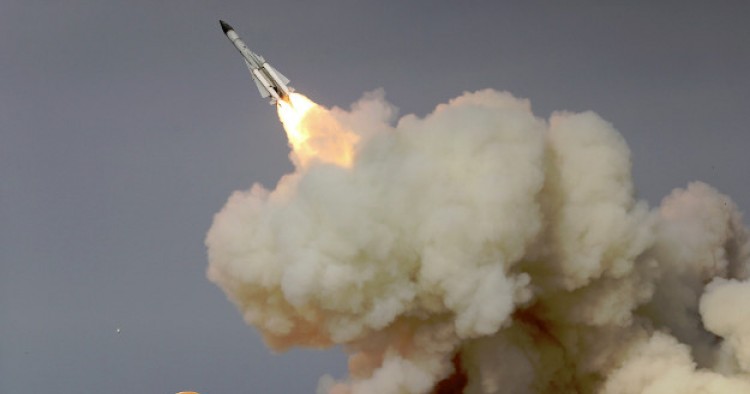A senior member of Iran’s parliament’s National Security and Foreign Policy Commission and former Islamic Revolution Guards Corps (I.R.G.C.) official has warned that if Washington “makes any mistake,” Iran will attack Israel and U.S. military bases across the Middle East. “The Fifth Fleet of the U.S. Army has occupied a part of Bahrain, and the farthest military base of the enemy is stationed in the Indian Ocean. But these locations are within the reach of Iranian missiles. If the enemy makes a mistake, they will be razed to the ground,” said Mojtaba Zonour, who has also served as an advisor to the Supreme Leader Ali Khamenei to the I.R.G.C. in the past.
He further noted that 36 U.S. bases are within the range of Iran’s missile systems. Zonour also stressed that the Islamic Republic has prepared its forces for asymmetric war and significantly advanced its missile capabilities. He also threatened that Iran would launch a missile attack against Israel if Washington fired a missile against Iran. "And only 7 minutes is needed for the Iranian missile to hit Tel Aviv."
Zonour’s remarks come as tension between Washington and Tehran over the latter’s latest ballistic missile test is escalating. In recent days, the Trump administration officially put Iran “on notice” for its provocative test and support for terrorist and militant groups in the Middle East. Washington also imposed new sanctions on Iranian entities, and temporarily banned visas to citizens of Iran (and six other Muslim-majority countries). The former I.R.G.C. official’s comment will only add to U.S. and regional countries' worries about the threat posed by Iran's growing missile capability. It is also another reminder that despite the nuclear agreement Iran signed with world powers in 2015, the Iranian regime continues to threaten the security and sovereignty of regional countries as well as U.S. presence and national security interests in the Middle East.
The Middle East Institute (MEI) is an independent, non-partisan, non-for-profit, educational organization. It does not engage in advocacy and its scholars’ opinions are their own. MEI welcomes financial donations, but retains sole editorial control over its work and its publications reflect only the authors’ views. For a listing of MEI donors, please click here.












